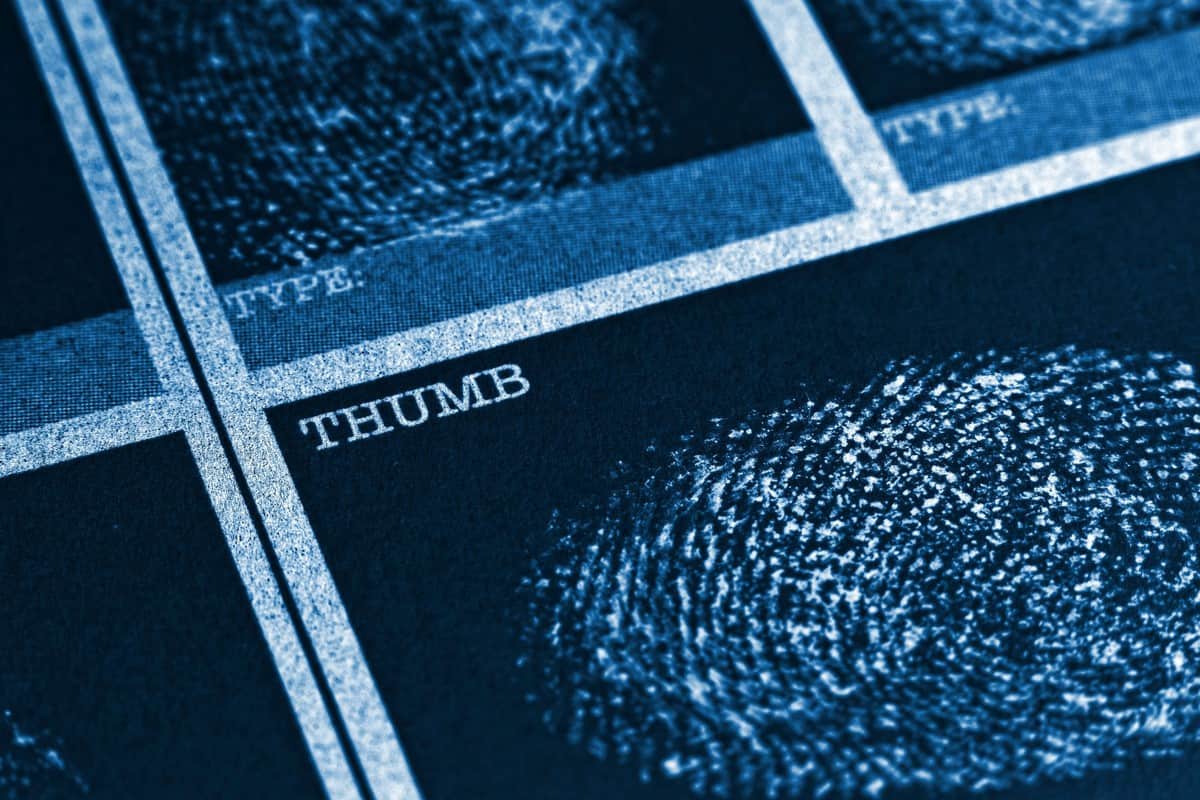Colorado Theft Laws: Penalties and Defense Strategies
July 1, 2025

Posted by: Jacob E. Martinez
Category: Expungement / Criminal Record Sealing
Mistakes of our past should not prevent us from pursuing a constructive future. Unfortunately, a criminal record can make it difficult to find housing, gain employment, and even obtain insurance.
According to an American Academy of Pediatrics publication, nearly one-third of American adults have been arrested by age 23. In Colorado, individuals with prior convictions have the opportunity to expunge or “seal” their criminal record if the situation meets specific eligibility guidelines. If you have been charged with a crime, here’s what you should know about sealing your criminal record.
1. You Must Meet Certain Qualifications
Colorado law allows for the sealing of criminal records under specific and limited circumstances. Individuals who may qualify to have all court and police records sealed or expunged include:
2. You Must File a Petition
A petition to seal your criminal record involves a civil proceeding that is separate from the criminal case at hand. The Petition for Expungement of Records must be filed in the District Court, or Denver Juvenile Court in the case of juvenile offenders. When attempting to seal a juvenile record, a parent or guardian may also initiate expungement proceedings.
3. You May Have to Wait to File
If you were found not guilty in juvenile court, or if you have successfully completed a juvenile diversion program or qualifying informal adjustment, you can petition for expungement of your juvenile record immediately. In all other scenarios, you must wait a certain amount of time before filing a petition. Colorado law states that a petition to expunge a record may only be filed once during a 12-month period. You must also wait:
4. You Will Need to Gather Information
To successfully proceed with your expungement, you will need to gather certain critical information, including knowing the corresponding arrest, case, and report numbers related to the conviction. If you were able to get your case dismissed in court by making a plea agreement in a separate case, you will also need to obtain that case number.
5. You May Not Be Eligible to Petition in Certain Situations
Depending on the circumstances surrounding the case, you may not be eligible to petition for an expungement of your criminal record. You may fail eligibility requirements if:
6. Your Criminal Record Will Not “Disappear”
Expungement refers to the “sealing” of court records, a practice that involves hiding or destroying records that would otherwise be publicly accessible. When you petition for an expungement of records, you can expect to have your criminal information removed from files, computers, and other depositories. However, this does not mean that the records simply “disappear.”
While the records cannot be accessed for civil use or general law enforcement, it can be retrieved in exceptional circumstances that typically require a statutory authorization or court order. Those who may be given access to juvenile criminal records include parents and legal guardians, school officials, juveniles’ attorneys, law enforcement agencies, research organizations, and child protective agencies.
No one wants to live with the stigma associated with having a permanent criminal record. Fortunately, eligible offenders can take action to remove the event from public records and put the past behind them. If a criminal record is making your life more difficult, get in contact with a knowledgeable defense attorney to learn more about what you can do in your specific situation.
About the Author:
Denver-based criminal defense and DUI attorney Jacob E. Martinez is a knowledgeable and experienced litigator with a record of success providing innovative solutions to clients facing criminal charges of any severity. Mr. Martinez has been designated a Top 100 Trial Lawyer by the National Trial Lawyers and has been awarded both the Avvo Client’s Choice Award and Avvo Top Attorney designation, evidencing his reputation for his exemplary criminal and DUI defense work and high moral standards.
Jury Trial - Not Guilty
Jury Trial - Not Guilty
Arapahoe 1st Degree Assault/Vehicular Assault
Jury Trial - Not Guilty
Denver Domestic Violence Assault Case
Jury Trial - Not Guilty
Denver D.V. Assault
Jury Trial - Not Guilty
Denver Careless Driving Resulting in Death
Jury Trial - Not Guilty
Jefferson County Felony Menacing
Jury Trial - Not Guilty
Adams County DUI
Jury Trial - Not Guilty
Jefferson County DUI
Jury Trial - Not Guilty
Jefferson County DUI
Jury Trial - Not Guilty
Jefferson Vehicular Assault/DUI
Jury Trial - Not Guilty
Jefferson County DUI
Jury Trial - Not Guilty
Boulder County DUI case
Jury Trial - Not Guilty
Arapahoe County DUI case
Jury Trial - Not Guilty
Adams County DUI case
Jury Trial - Not Guilty
Douglas County DUI case
Jury Trial - Not Guilty
Gilpin County DUI case
Dismissed
Broomfield County Probation Revocation case
Dismissal
Arapahoe County DUI case
Deferred Judgment
Arapahoe County DUI case
Deferred Judgment
Douglas County DUI case
Deferred Judgment
Larimer County DUI case
Deferred Judgment
Arapahoe County DUI Case
Deferred Judgment
Denver Felony Burglary Case
Deferred Judgment
Arapahoe County DUI case
Dismissed
Arapahoe County Protection Order Case
Dismissed
Golden Destruction of Property case
Dismissed
Jefferson County Protection Order case
Dismissed
Jefferson County Domestic Violence case
Dismissed and Sealed
Jefferson County DUI case
Dismissed
Denver Major Traffic Offense case
Dismissed and Sealed
Broomfield County Domestic Violence case
Dismissed
Summit County DUI Revocation
Dismissed
Denver DUI Revocation
Dismissed
Denver DUI Revocation
Dismissed
Denver DUI +.2 Involving Accident and Injury case
Dismissed
Denver DUI/Habitual Traffic Offender case
DISMISSAL
Denver District Aggravated Theft
Dismissed
Greenwood Village Assault case
Dismissal
Elbert County DUI
Dismissed
Arapahoe County Domestic Violence case
Dismissal
Jefferson County DUI
Dismissal
Denver Municipal Assault
Dismissed
Boulder County Domestic Violence Assault case
Dismissed
Wheat Ridge Assault case
Dismissed
Jefferson County DUI case, with 2+ Prior Convictions
Dismissed
Arapahoe County Domestic Violence case
Dismissed
Broomfield County Domestic Violence case
Dismissed with No Charges Filed
Jefferson County Felony Theft case
Dismissed
Arapahoe County Felony Theft case
Dismissed
Boulder County Felony Theft case


